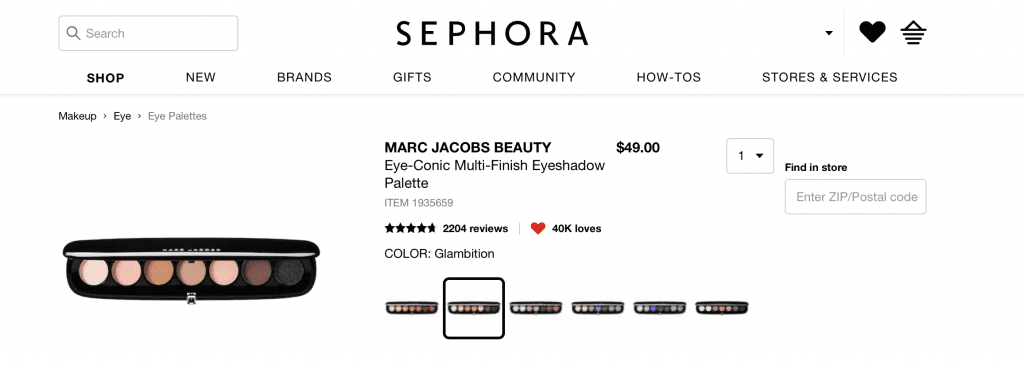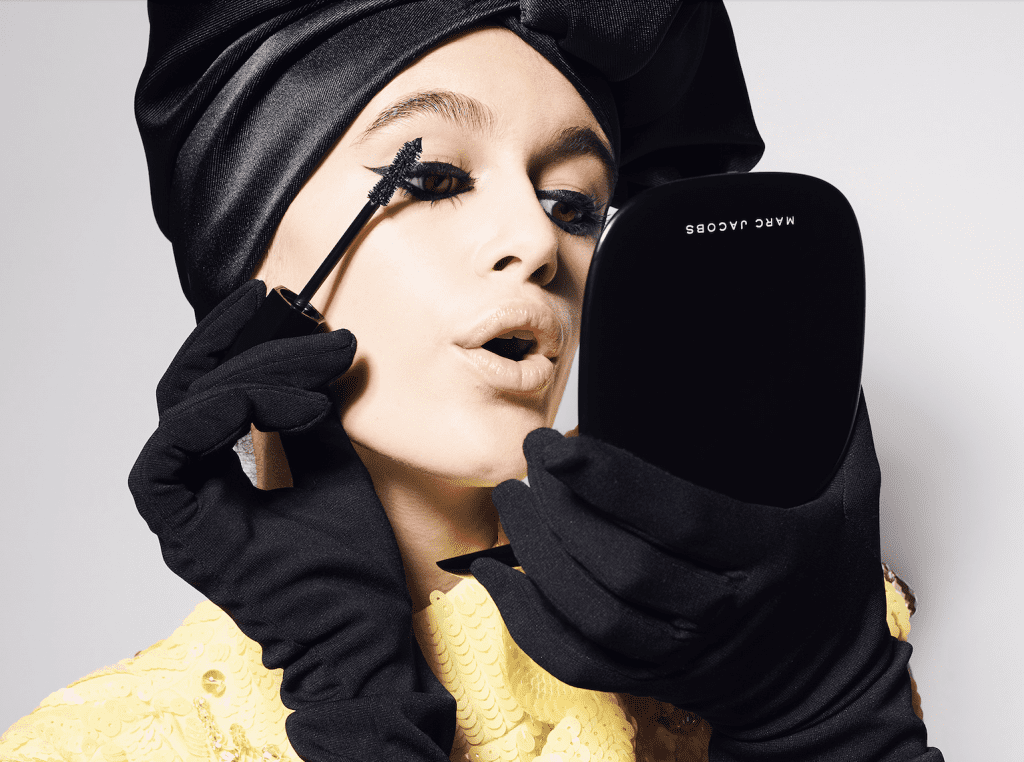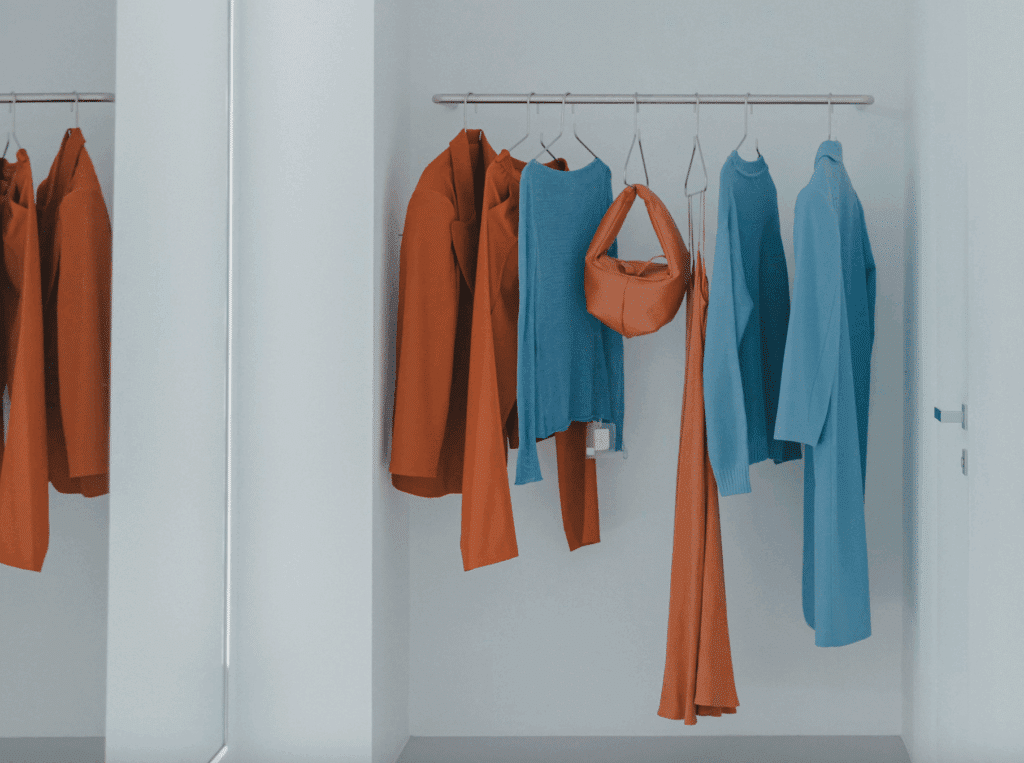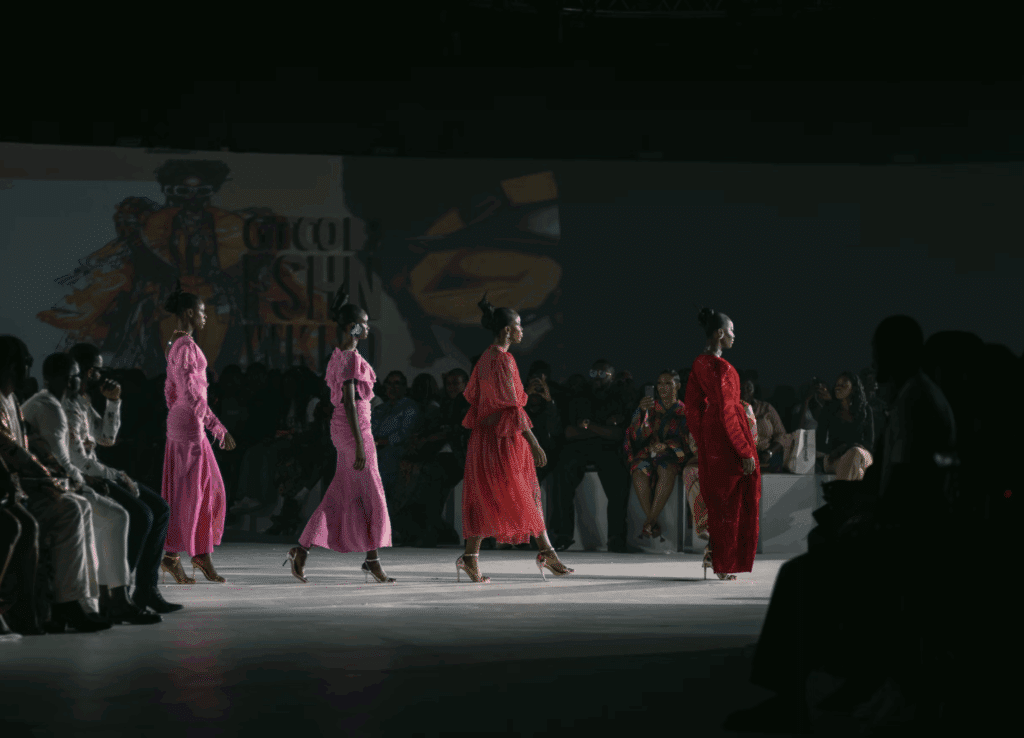A skincare brand is taking on LVMH’s beauty manufacturing arm, Marc Jacobs, and a handful of retailers in a new lawsuit over the manufacture and sale of Marc Jacobs eyeshadow palettes sold under the name EYE-CONIC. According to the lawsuit that it filed in a California federal court last month, Amarte USA Holdings alleges that Marc Jacobs offered up makeup products labeled as EYE-CONIC, which were manufactured by LVMH’s Kendo Holdings, and also promoted and sold by Sephora, Walmart, Neiman Marcus Group, and Nordstrom, all of whom are named as defendants in the lawsuit. The issue, according to Amarte, is that it maintains trademark rights in (and a registration for) the EYECONIC mark for use on “eye cosmetics [and] eye creams.”
Setting the stage in its complaint, Northern California-based Amarte asserts that for over a decade, it has “substantially exclusively and continuously used and promoted” the EYECONIC trademark in connection with its goods to “great success.” In fact, Amarte asserts that its anti-aging eye cream “bearing [the] EYECONIC trademark is one of the company’s bestselling products.” As a result of its use and promotion of EYECONIC in connection with its products, Amarte claims that the purchasing public has come to associate the EYECONIC mark with it.

Against that background, Amarte asserts that Marc Jacobs, Kendo Holdings, LVMH-owned beauty retailer Sephora, Walmart, Neiman Marcus Group, and Nordstrom (the “defendants”) are (or were) collectively “advertising, marketing, promoting, distributing, selling, and otherwise offering” up Marc Jacobs’s multi-finish eye shadow palette “under the identical or substantially similar EYE-CONIC trademark.” (The allegedly infringing products – which were first introduced by the LVMH-owned brand back in 2017 – are not currently listed for sale on any of the defendants’ websites, and based on TFL’s searches, do not appear to have been sold by the likes of Sephora and co. since 2021.)
Setting out claims of trademark infringement, unfair competition, and common law passing off, Amarte alleges that the defendants’ “identical or substantially similar use of the EYE-CONIC mark in connection with identical cosmetic eye products is likely to cause confusion before, during, and after the time of purchase because consumers, prospective consumers, and others viewing the defendants’ infringing goods at the point of sale or any point in the stream of commerce are likely to confuse Amarte’s EYECONIC mark and [their EYE-CONIC mark with respect to source, association, affiliation, and sponsorship.” And by “causing a likelihood of confusion, mistake, and deception, the defendants are inflicting irreparable harm on the goodwill symbolized by Amarte’s EYECONIC Mark and the reputation for quality that it embodies,” Amarte further claims.
Still yet, Amarte contends that the actions surrounding the offer and sale of the allegedly infringing Marc Jacobs eyeshadow products were “undertaken by each [of the] defendants individually and collectively,” and that each of the defendants “caused to occur, authorized, controlled, directed, or had the ability to authorize, control, or direct, and/or were actions in which each [of the] defendants assisted, participated, or otherwise encouraged, and are actions for which each of the defendant is liable, jointly and severally.”
In addition to injunctive relief and monetary damages, Amarte is seeking an order from the court requiring the defendants to “immediately deliver to Amarte’s counsel its entire inventory of infringing products, […] advertising and promotional material, and all formulas, formulations, plates, patterns, molds, and other material and information for manufacturing, producing, or printing such items, that are in its possession or subject to its control that infringe Amarte’s EYECONIC mark.”
The defendants will almost certainly push back on more than one front, and argue that, among other things, the EYE-CONIC name is not being used as an indicator of source of the palette (i.e., Marc Jacobs) but as a style name, and that the likelihood of confusion between the eyeshadow product and the plaintiff’s eye cream is low.
The case is Amarte USA Holdings, Inc. v. Kendo Holdings Inc., et al., 3:22-cv-08958 (N.D. Cal.)














